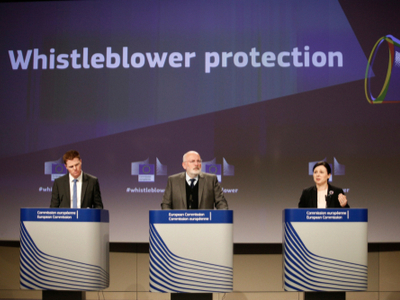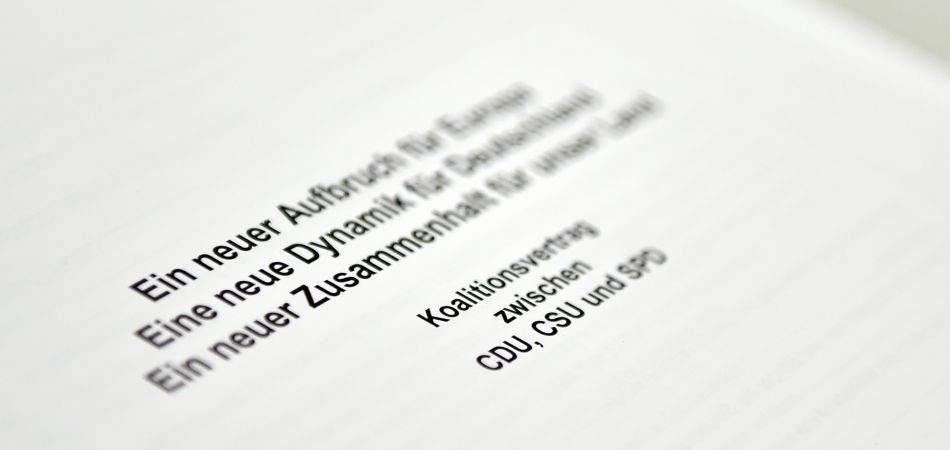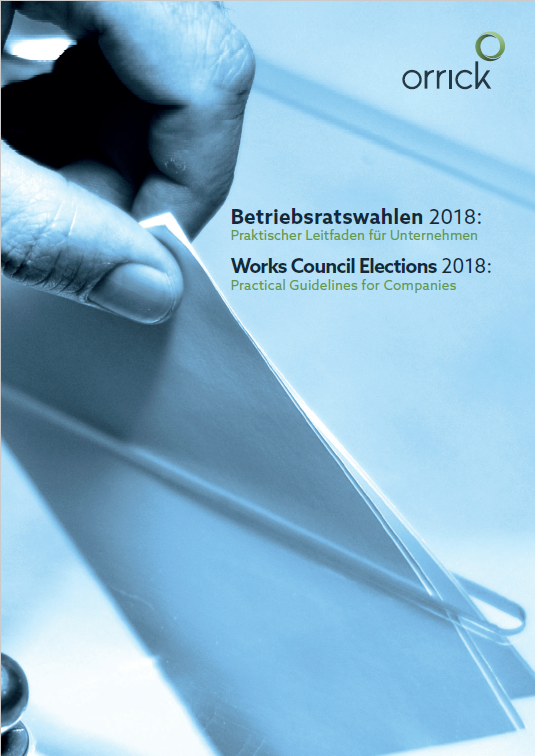In June 2017, the French government unveiled its plan to renew French social model, such program includes notably reforming employment law, French pension and unemployment insurance systems.
As a first step of this comprehensive reform strategy, five ordinances reforming French labor laws were adopted on 22 September 2017 and issued on 23 September 2017 (the Reform).
Unless specifically provided otherwise, the measures introduced by the Reform will enter into force on the day after the publication of the required implementation decrees (expected as from end of October 2017 onwards), and at the latest on 1 January 2018. By exception, certain measures are applicable since publication of the ordinances (e.g. regarding dismissals, temporary work and teleworking). In addition, transitional arrangements may allow existing employee representation to remain in place for the duration of the current mandate but until no later than 31 December 2019. READ MORE →











